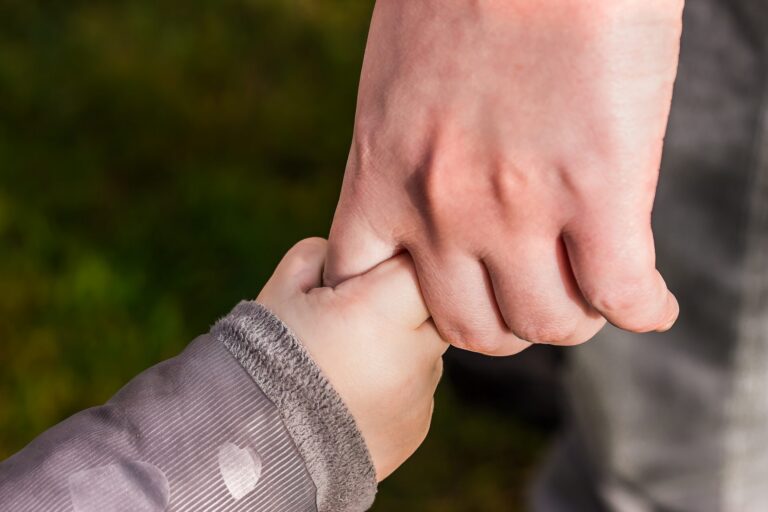
The Youth Correctional Leaders for Justice published a statement highlighting the need for justice in youth prisons. The United States criminal justice system like many other systems has flaws. The U.S. has long been the global leader in youth incarceration, as it locks young people up at a higher rate than any other nation. This effects not only the youth, but also their families and social ties by creating trauma and burdens on all. Youth incarceration is overused, as well as ineffective and inefficient when it comes to changing their behavior and positively influencing them.
More cities are realizing that in order to keep youth off the streets and out of jail, they need to have access to community programs and rehabilitative resources. Adolescents are still growing and developing when they are convicted of crimes and sitting in jail does not help them develop or learn from their mistakes. Punitive measures are becoming less and less conducive to changing the behavior of individuals, especially youth. Proper intervention for youth at risk of committing crimes is beneficial for the individual and public safety. Racism also plays a heavy role in youth incarceration. With justice reform being a prominent topic right now, racism must also be addressed in youth prison systems. By dismantling youth prison systems, it protects children from physical and mental abuse, addresses the problem of racism, and provides alternatives to programs that will help steer adolescents in the right direction. The joint statement by Fair and Just Prosecution and Youth Correctional Leaders for Justice on Youth Prisons highlights all of these issues and how improving youth corrections will improve public safety, reduce recidivism and keep children from falling into the revolving door of the criminal justice system. There needs to be positive and supportive change in their lives for them to realize the potential they have. Rehabilitation is the new 'punishment', in the hopes of helping adolescents stay out of prison and creating second chances for them.